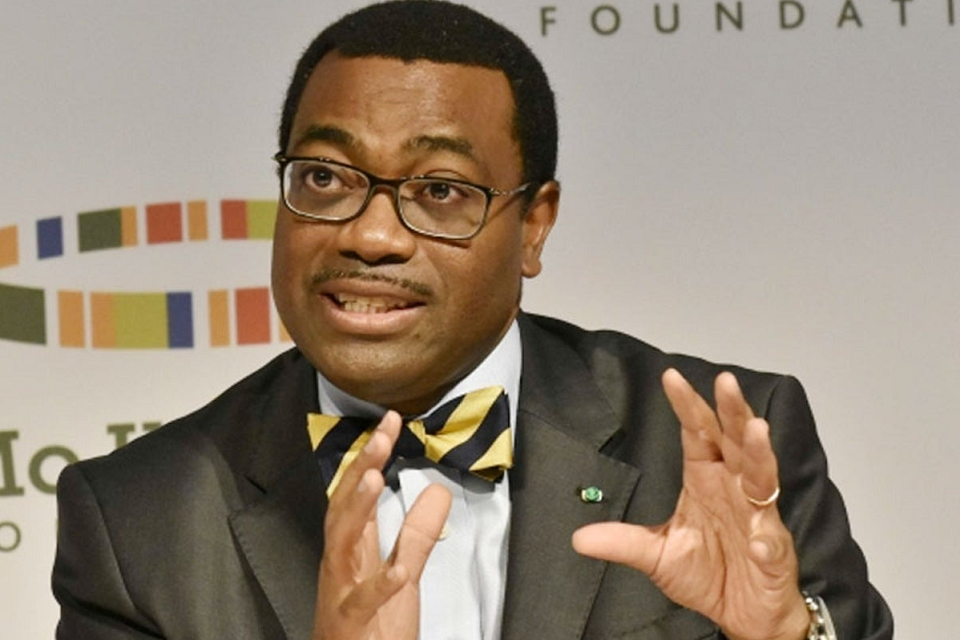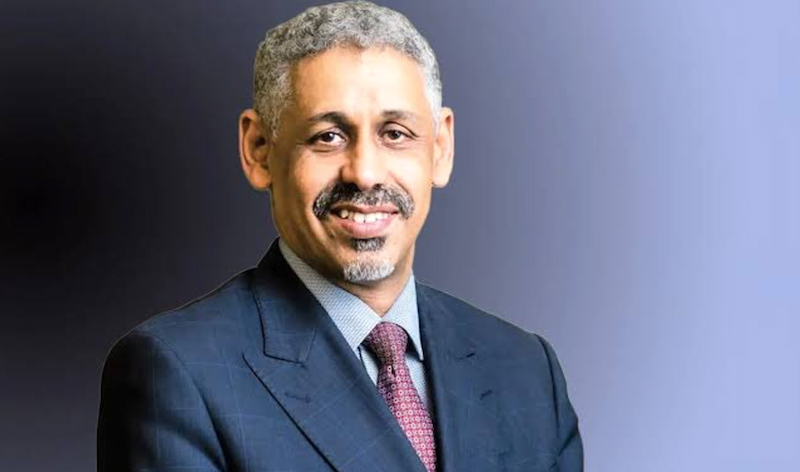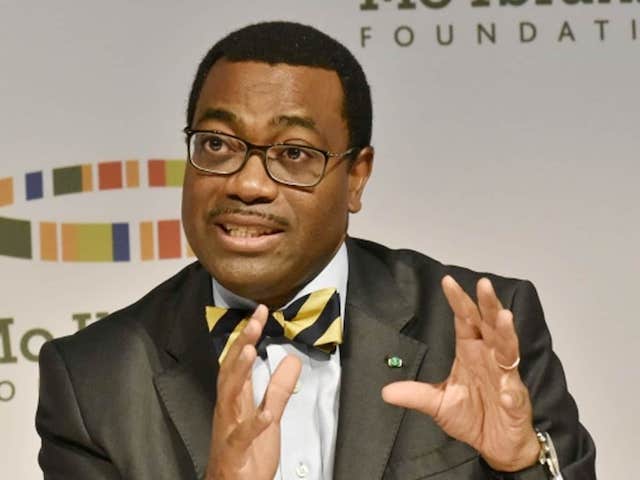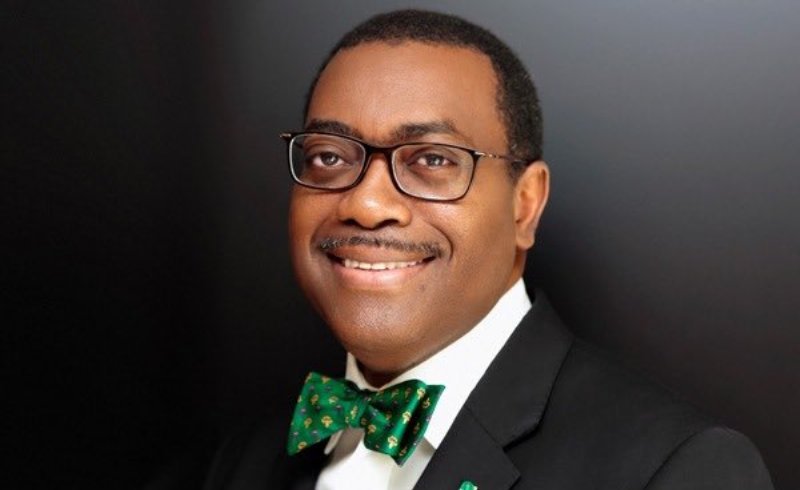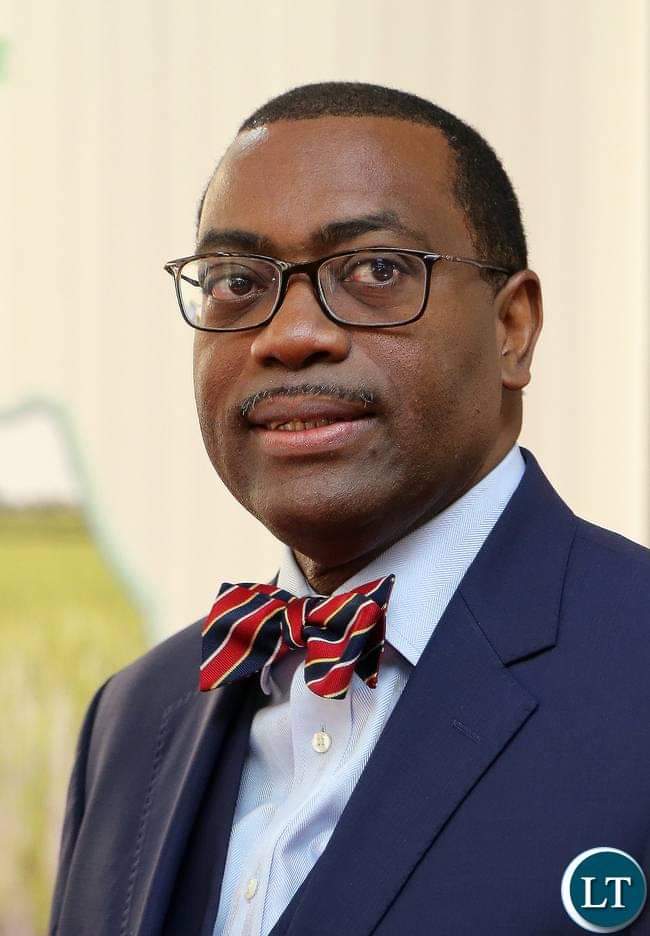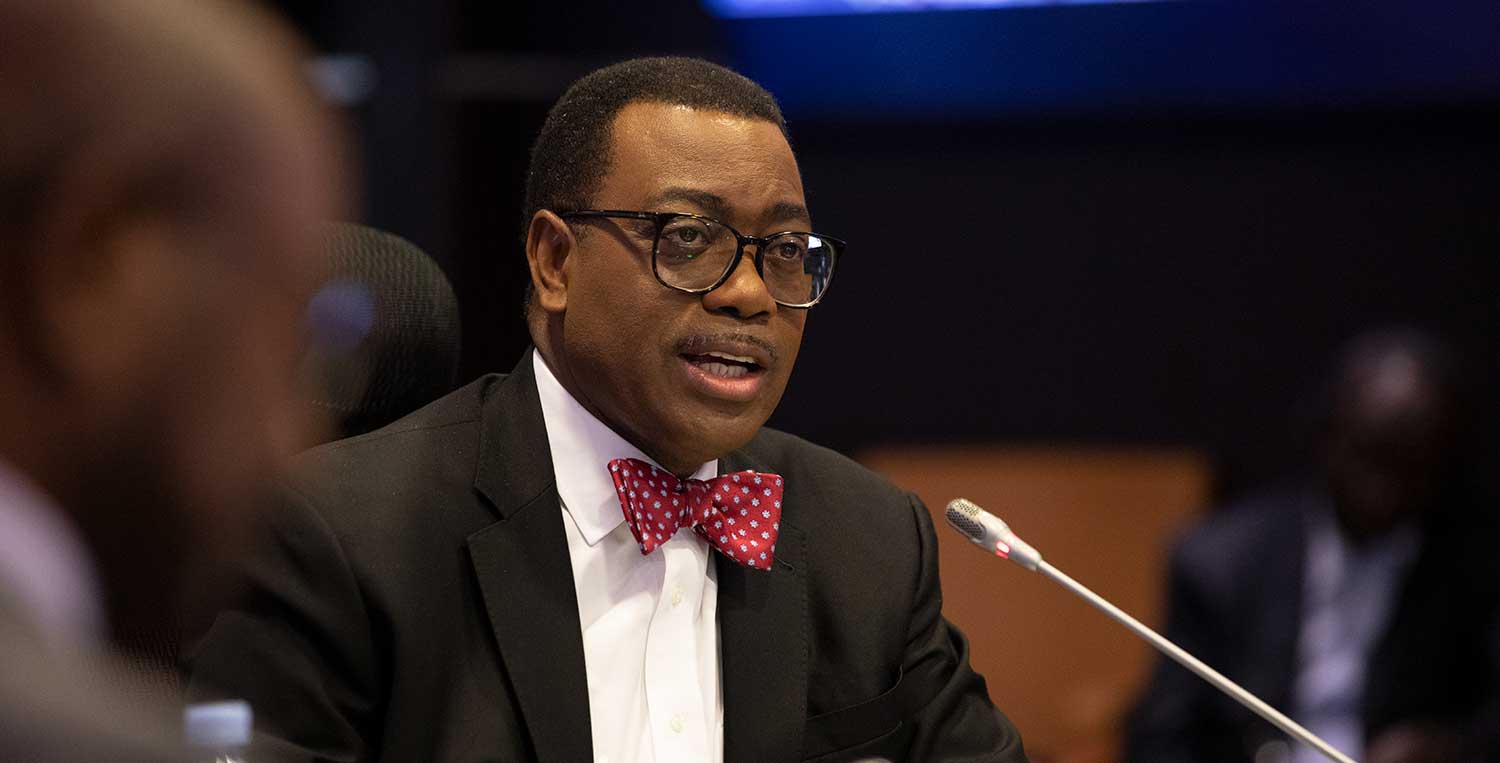The World Food Prize Foundation has named outgoing African Development Bank (AfDB) President, Dr. Akinwumi Adesina, to its prestigious Council of Advisors.
The announcement was made by the Foundation’s President, Mashal Husain, through a statement issued in New York and shared with the News Agency of Nigeria (NAN).
Adesina, whose decade-long tenure at AfDB ends in September, was honoured as a World Food Prize Laureate in 2017 for his transformational work in agriculture and food security across Africa.
“President Adesina embodies the values and vision of Dr. Norman Borlaug—transforming bold ideas into tangible impact,” said Husain. “His lifelong commitment to agricultural innovation, sustainability and economic development across Africa makes him an extraordinary addition to our Council of Advisors. We are honored to welcome him back to the Foundation in this new role.”
The Council of Advisors consists of distinguished global leaders—former heads of state, ministers, scientists, and policymakers—tasked with guiding the Foundation’s mission and advancing Borlaug’s vision of a world free from hunger.
In response, Adesina expressed his appreciation, stating: “I am deeply honoured to join the Council of Advisors of the World Food Prize Foundation. Dr. Norman Borlaug was not only a mentor, but a personal inspiration whose passion for ending hunger shaped my own journey. As a Laureate, I carry his legacy with me, and I look forward to working with the Foundation to advance bold, science-driven solutions that uplift farmers, feed nations and transform our world.”
A globally renowned development economist and agricultural expert, Adesina was instrumental in launching initiatives that significantly boosted food production, tackled corruption in Nigeria’s fertilizer distribution system, and expanded credit access for millions of smallholder farmers.
Before his appointment at AfDB in 2015—where he became the first Nigerian to hold the position—Adesina served as Nigeria’s Minister of Agriculture and Rural Development from 2011 to 2015.
He also held key roles at the Rockefeller Foundation and AGRA (Alliance for a Green Revolution in Africa).
During his leadership at AfDB, Adesina championed the “High 5” development agenda: Light Up and Power Africa, Feed Africa, Industrialize Africa, Integrate Africa, and Improve the Quality of Life for the People of Africa.
Under his guidance, the bank’s capital grew from $93 billion to $318 billion, enabling landmark investments in infrastructure, youth entrepreneurship, and food systems.
“Dr. Adesina has long been a trailblazer in global agriculture and economic development,” said Tom Vilsack, CEO of the World Food Prize Foundation. “His leadership has reshaped the landscape of African agriculture, from fighting corruption to empowering farmers and fueling sustainable growth.”
Adesina holds a Ph.D. in Agricultural Economics from Purdue University. He is expected to assume his new role on the Council after completing his term as AfDB president in September.
Founded by Nobel Peace Prize Laureate Dr. Norman Borlaug, the World Food Prize honors individuals who have significantly improved the quality, quantity, or availability of food around the world.
Since its inception, the prize has been awarded to 55 global changemakers and is presented annually during the Borlaug Dialogue—a week-long event focused on tackling global hunger
